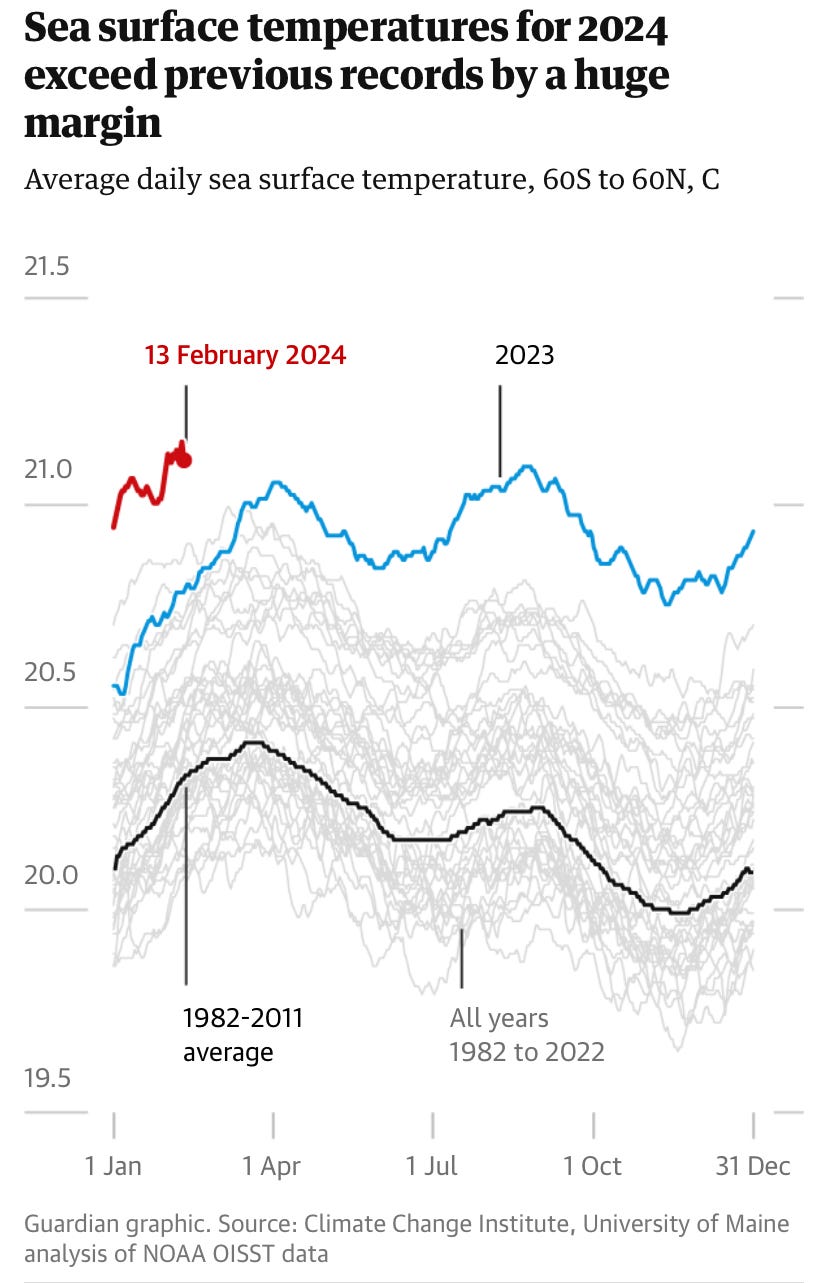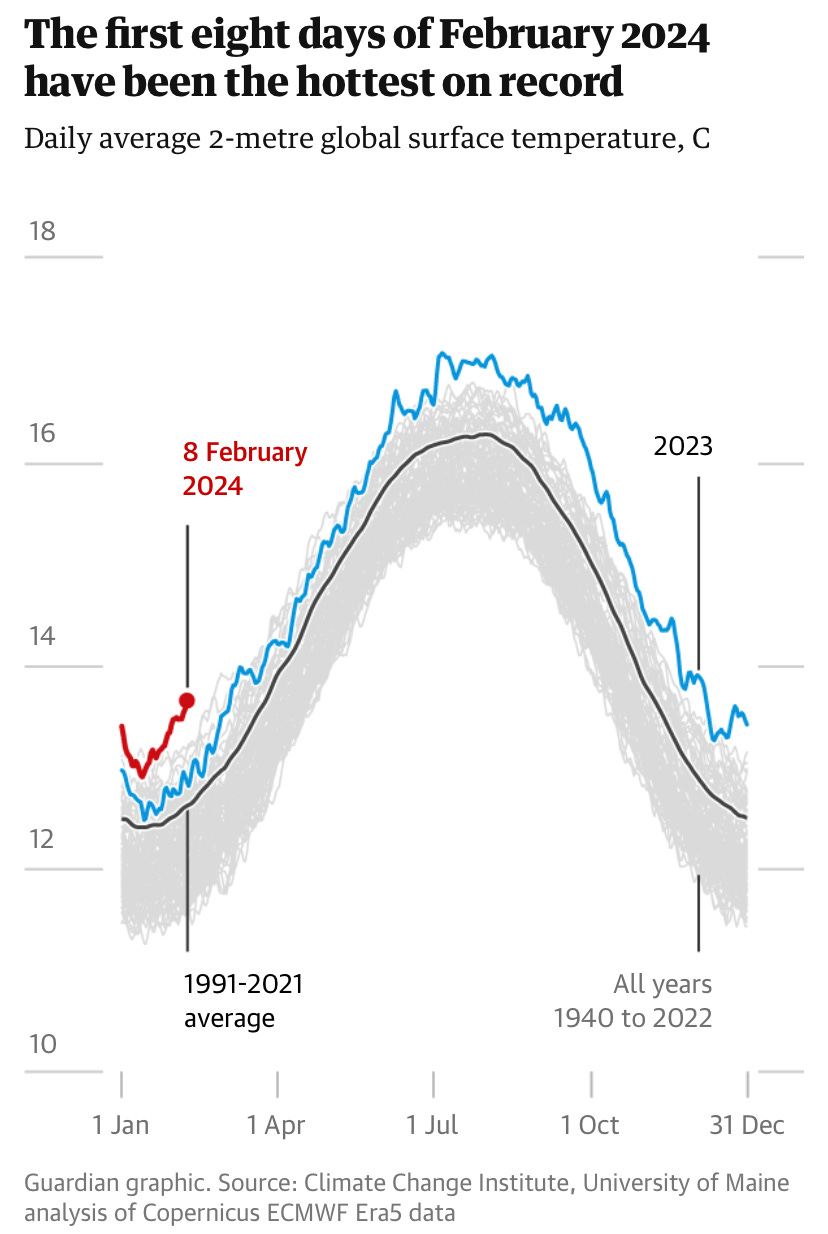PESTELE Analysis Explained
Applying the humble PESTELE to today’s chaos including but not limited to rising inflation, recession, wars, record-breaking climate changes and so much more …
Image credit: Nadio Granata (Dal.E)
Introduction
As a part-time academic, currently teaching Management of Innovation to business students, I am constantly alerting them to these unprecedented times we are living in. This leads to conversations about the humble PESTELE Analysis and why it’s such a simple but effective tool to help us make more sense of the conditions in which businesses, consumers, not-for-profits (including Universities) and their specific stakeholders are existing in. We do not live in a vacuum. And it’s all getting very turbulent,..
A PESTELE analysis is an essential strategic tool that enables businesses to identify and evaluate the external macro-environmental factors affecting their operations.
It stands for Political, Economic, Social, Technological, Environmental, and Legal factors, with an additional E for Ethical considerations, making it PESTELE. This framework helps businesses to understand the broader context within which they operate or indeed, plan to operate if they are a start up, by examining a wide range external factors from which they can then apply a SWOT analysis thereby enabling them to anticipate how successful (or resilient in 2024) they will be.
In the context of 2024, conducting a PESTELE analysis for a UK business is particularly crucial due to a range of extreme conditions impacting the global and local business environment.
In fact, in over 20 years as a Chartered Marketer and Senior Academic, I have never seen such volatility affecting the humble PESTELE. It really has come of age!
Consider these conditions: rising inflation, increased interest rates, early onset recession, job uncertainties, public sector cutbacks, a pending general election and conflicts in regions such as Ukraine and Israel and now Yemen which is expected to close the access to the Suez Canal.
Additionally, in my humble point of view, one of the greatest concerns is the issue of rising global temperatures, as published in today’s Guardian Newspaper which falls under the Environmental component of the PESTELE analysis.
Rising global temperatures pose a significant threat to businesses in various ways, including but not limited to, operational disruptions caused by extreme weather events, increased costs for cooling and therefore energy prices, changes in consumer behaviour towards more sustainable products and services, and stricter environmental regulations. These environmental changes demand businesses to adapt their strategies to mitigate risks associated with climate change, such as investing in sustainable practices, diversifying supply chains, and developing products that contribute to a lower carbon footprint.
Shortly, hopefully, we will all heed the warnings made by environmental and societal visionary Gerry MacGowan who talks about the massive impact crypto and even AI Chatbots are having due to their high dependency on water to coool down the humongous data centres required to process data.
These ethical implications of environmental sustainability are becoming increasingly important to stakeholders, or at least they should be, including customers, employees, and investors, who should be demanding greater corporate responsibility in addressing climate change. This adds an ethical dimension to the environmental analysis, reinforcing the importance of including Ethical considerations in the PESTELE framework.
In light of these challenges, a PESTELE analysis enables businesses to navigate the complexities of the current global and local environments by identifying potential threats and opportunities (enter the SWOT Analysis), facilitating strategic planning, and enhancing resilience against external shocks. Understanding the impact of rising global temperatures, for example, within this analysis is crucial for businesses aiming to thrive in an era of environmental and ethical accountability.
Nadio Granata FCIM, FHEA, PGCE is the founder of the AI Collective and co-founder of The Age of Human Think Tank. He is a published author, Visiting Lecturer at Roehampton University, author of the CIM Level 6 Specialist Award in AI Marketing for the Cambridge Professional Academy and self-titled evangelist for the democratisation of responsible AI.
You can discover more about Nadio Granata here:
http://nadio.ai
Links:
The Guardian: February on course to break unprecedented number of heat records:
Gerry McGovern on LinkedIn:
Footnote
Help democratise responsible and ethical AI for all. Join the AI TimeBank For All here and help get everyone on the AI Learning Curve for Good: https://tol2.timebanking.org/TheAIForAllTimeBank.
To join the AI Collective, start by heading over to LinkedIn. Apply to join our group (https://www.linkedin.com/groups/12791455). there and Nadio will send you further invites to join us on the AI Collective Mighty Network Platform where you will gain FREE access to heaps of support to get you started.







Thanks, Nadio, I use the PESTEL model in any public relations strategy, it's an absolute imo for any business needing to understand its market and what to watch out for\take into consideration.